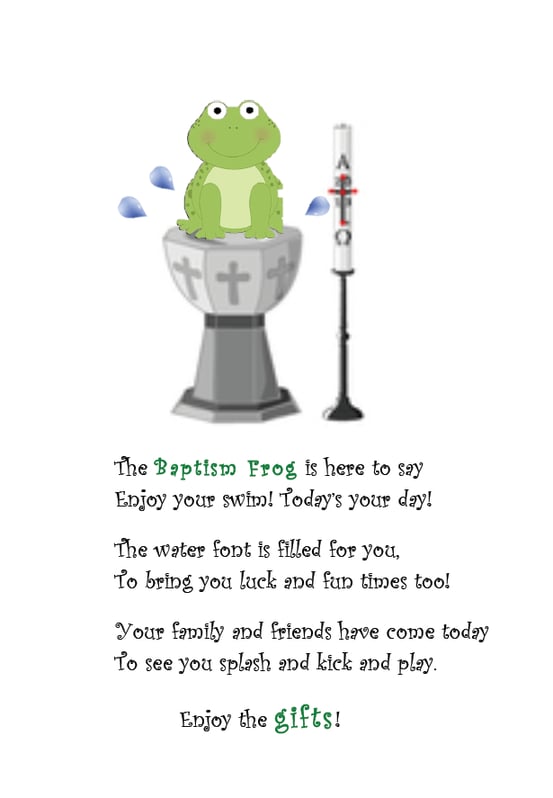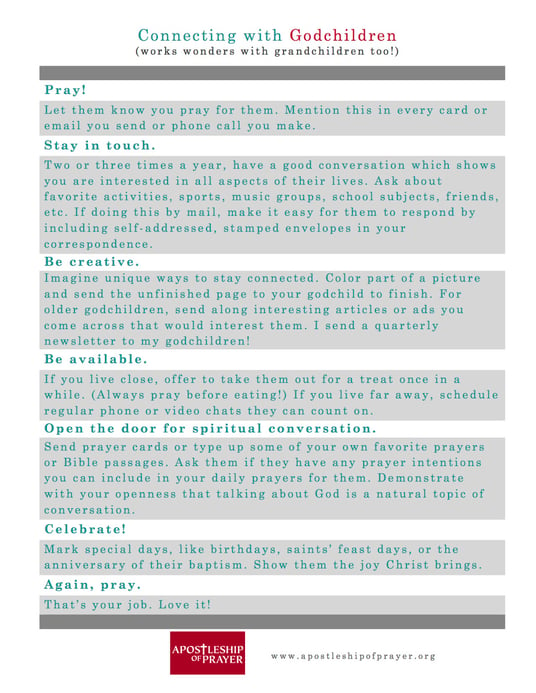When Jesus describes the kingdom of God, he often compares it to hidden, even secret things like treasure buried in a field, yeast thrown in with flour, or seeds growing among weeds. The kingdom of God is immanent, pervasive, in the same way oxygen pervades our atmosphere--it's always there, sustaining us, but it's easy to ignore.
 Jesus never seems to liken the kingdom of God to a pie in the face or a fireworks display. Some people have St. Paul moments which literally knock them to the ground, but most of us experience the power of God in subtler, more hidden ways. We often see traces of God and learn about his world when we encounter things that are beautiful, true, good, or unified. Sometimes, however, we seek God only when beautiful things are taken away--when we suffer. The very good news is that God, and his kingdom, are everywhere. Like oxygen, God is habitually available to us. We can seek him and find him in any circumstance, even when he appears to be hiding like yeast in dough or treasure buried in a field.
Jesus never seems to liken the kingdom of God to a pie in the face or a fireworks display. Some people have St. Paul moments which literally knock them to the ground, but most of us experience the power of God in subtler, more hidden ways. We often see traces of God and learn about his world when we encounter things that are beautiful, true, good, or unified. Sometimes, however, we seek God only when beautiful things are taken away--when we suffer. The very good news is that God, and his kingdom, are everywhere. Like oxygen, God is habitually available to us. We can seek him and find him in any circumstance, even when he appears to be hiding like yeast in dough or treasure buried in a field.
Christians in the world are both members of the kingdom of God and builders of it. As the Vatican II document Lumen Gentium insists, lay people "are called [into the world] by God that by exercising their proper function and led by the spirit of the Gospel they may work for the sanctification of the world from within as a leaven. In this way they may make Christ known to others, especially by the testimony of a life resplendent in faith, hope and charity"(31). Resplendent. As leaven, hidden but active in the world, we can have lives resplendent in faith, hope, and love. Not too shabby.
Here's a group of people chosen specifically because of their resplendent lives: godparents. Parents preparing a child for baptism typically select one or more sponsors for their child's entrance into the Church. Baptism requires us to identify, publicly, one or two persons whose Christian witness inspires us. People who remind us of God. When I read the words of Lumen Gentium, "work for the sanctification of the world from within as a leaven," I often think of the critical role godparents play in the faith lives of children. Although baptism is one of the many thrilling rites of passage of childhood, it is inescapably religious in nature. Unlike taking a first step, heading off to kindergarten in the fall, or losing a tooth, baptism is explicitly tied to Jesus Christ. Our festival-hungry culture may have effectively secularized Christmas and Easter, but even Hallmark has not figured out a way to take Jesus out of baptism. Can you imagine?
As Fr. William Saunders writes, a sponsor, or godparent, "should be a trustworthy witness of the faith who will help the godchild attain salvation." And Canon Law (No. 872) states that Christian sponsors "will help the baptized to lead a Christian life in harmony with baptism, and to fulfill faithfully the obligations connected with it." If you're a parent preparing to select godparents, both of these sources will help you as you prayerfully consider the companions best suited to accompany your children throughout their faith journeys. (Click on the links to go to the original sources.)
A lot of parents I know find the godparent decision excruciating. Parents juggle family expectations, relationships with friends, and concerns for the spiritual growth of their children. Fortunately, we no longer consider additional things like the financial stability of godparents or the likelihood of horse heads appearing in our beds.
Keep in mind that asking people to serve as godparents is neither a reward for their past friendship nor an act of hope that non-practicing adults will return to their faith for the sake of the new godchild. Both of these motivations are perfectly human and understandable, but they treat the godchild as an object. The child's baptism is not designed to seal or heal a relationship with a sibling or friend, and the godchild cannot be saddled with the task of single-handedly bringing an adult back to full communion with the Church. Baptism asks nothing of the child. Baptism is a gift from God, freely given. Baptism saves the child from sin and opens the floodgates of God's grace. That's a lot.
Those of us parents who are not currently preparing for a child's baptism may be godparents ourselves, or may be wondering how to navigate the relationship with our children's godparents. Here are some issues I've been hearing lately:
My child's godparents no longer play an active role.
Heartbreak! We've got one like that. My son's godmother moved to Ireland shortly after the baptism; we never heard from her again. After years of trying to connect through letters, emails, and phone calls, we decided to let it go. Herein lies the wisdom of having two sponsors. The remaining godparent, my brother, is an attentive godparent who prays for our son every day.
Too many people, alas, don't have even one active godparent. Some people have no idea who their godparents are. There are also sad situations where the sponsor on the baptismal certificate turns out to be . . . not so resplendent, shall we say. A woman I know wanted to change her daughter's baptismal record to remove the name of the godfather, a man who was later convicted of child endangerment. The record of baptism serves as just that, though, a record. It is an official document stating who witnessed the baptism as it happened. Christians chased out the Donatists a long time ago, so we don't worry that the sacrament was jeopardized by a participant's lack of holiness. The baptism is over; the sponsors are officially recorded.
There's nothing stopping parents from surrounding their children with good Christian role models, godparents or not, or even from asking someone new to adopt the role of active godparent to replace, unofficially, the absent sponsor. When my brother got married a few years ago, my son asked his new aunt if she could replace his estranged godmother. She happily accepted, and has been a blessing.
My child's godparents are a little pushy with religion.
Because of the fundamentally religious nature of baptism, parents should never be astounded or feel threatened when the children's godparents want to talk about faith with their godchildren. Parents are the primary faith educators of their children, and godparents are helpers. If parents seem indifferent or even hostile to their faith, then godparents might naturally want to intervene. This could cause conflict, of course, and requires intense prayerfulness. Godparents should always be mindful that children must honor their parents. Godparents can help children do just that by always being respectful of parents.
I'm a godparent, but I don't really know what to do.
Love being a godparent! I currently have nine godchildren as well as three people I sponsored at confirmation. Since confirmation is the completion of baptism, I count these confirmation children as part of my spiritual family. I'll close this post with a few ideas I’ve used to stay in touch with my godchildren. God bless you!
Download printable tips for Connecting with Godchildren
Copyright 2014 Grace Mazza Urbanski
About the Author

Guest
We welcome guest contributors who graciously volunteer their writing for our readers. Please support our guest writers by visiting their sites, purchasing their work, and leaving comments to thank them for sharing their gifts here on CatholicMom.com. To inquire about serving as a guest contributor, contact editor@CatholicMom.com.




.png?width=1806&height=731&name=CatholicMom_hcfm_logo1_pos_871c_2728c%20(002).png)
Comments